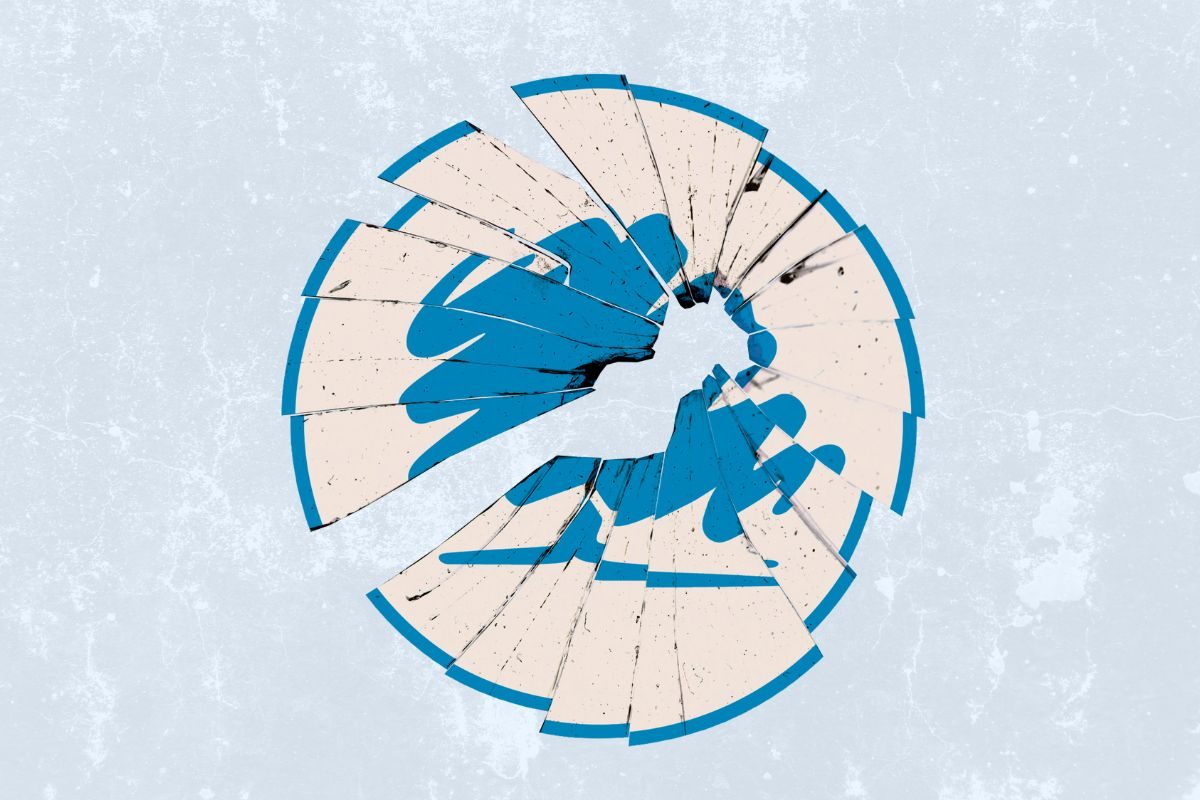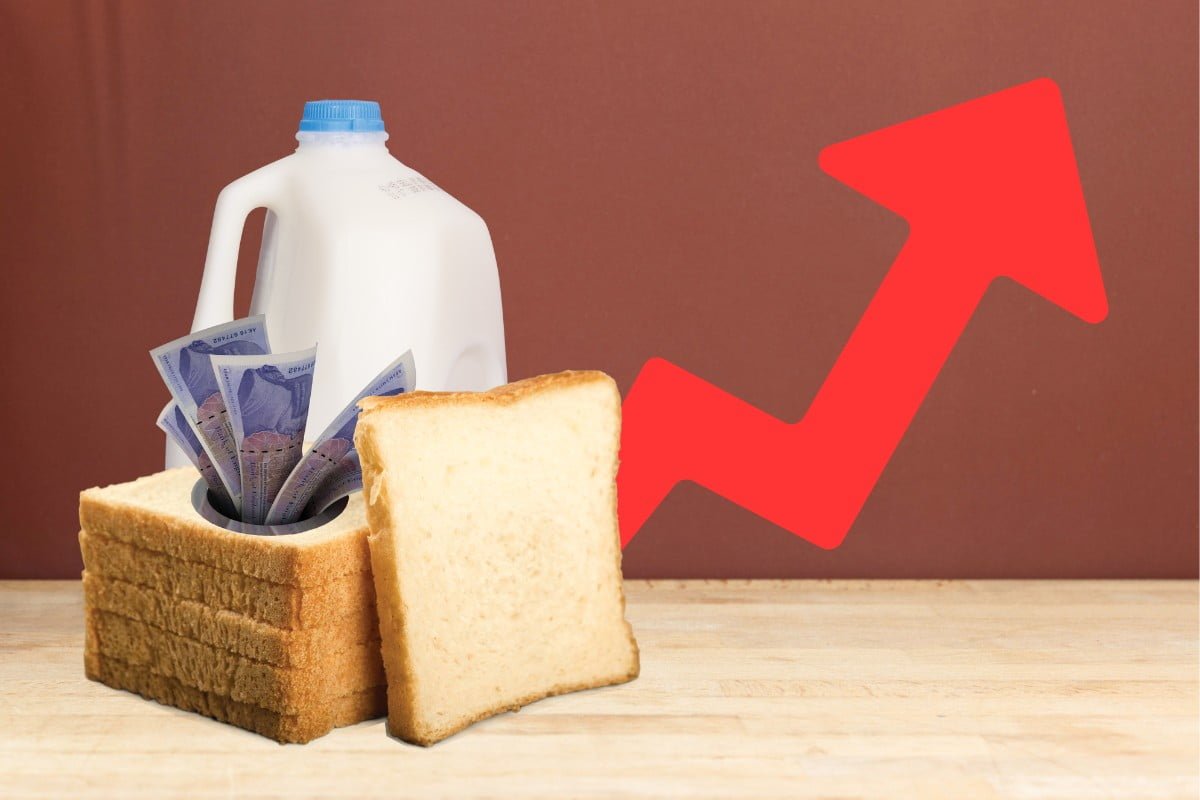In an effort to tackle food inflation, the Tories have recently been discussing proposals for a voluntary price cap on certain supermarket goods. This suggestion, however, does nothing to get to the root of the cost-of-living crisis.
With the rate of inflation nearing 20% for consumer food products, the Tory government has been in talks with major supermarkets about placing price controls on essential groceries, such as bread and milk.
But to calm the nerves of big business, the Tories are offering a few caveats: these maximum prices would be agreed upon by the supermarkets; they would not apply to all stores; and, crucially, they would be voluntary for supermarkets to opt into in the first place.
These details make an already shaky proposition laughable. Capitalists asked to charge the ‘lowest possible price’ will of course charge the lowest possible price for them to still make a nice profit.
Even if this plan goes ahead, who is to decide what is the ‘lowest possible price’? And what consequences would there be for any supermarkets who ignore the price caps?
Furthermore, what’s to stop the bosses passing on any losses by increasing the prices of other (uncapped) products? And even if the price of capped goods did see a short-term decrease, what is there in this ‘gentlemen’s agreement’ to stop the ‘lowest possible price’ increasing over time, if input costs continue to rise?
The list of problems goes on and on…
Splits at the top
Despite the toothlessness of this proposal, it has already served to deepen the cracks in the Tory Party.

On the one side, the Thatcherite headbanger wing of the party has denounced any suggestion of state intervention in the so-called ‘free’ market.
On the other side are those who are keen to save their own skin, and their parliamentary seats, and who are therefore more conscious of the pressure to offer some kind of solution to the cost-of-living crisis.
By putting forward the idea of a voluntary cap that supermarkets can safely ignore, the Tories are playing both sides.
Inflation is predicted to begin slowing down soon. With the timing of this proposal, the Tories hope that this will give the impression that they have stepped up and saved the day.
In turn, if these forecasts do not materialise, and prices continue to rise, the government believes it can blame the supermarkets for refusing to help customers.
But this is a risky strategy, which can easily backfire. The Tories are failing to offer any real solution, and could easily find themselves facing the wrath of out-of-pocket workers.
‘Greedflation’
Some on the left instead argue that mandatory price caps are the solution. This, it is argued, would curb inflation by stopping ‘greedflation’: monopoly capitalists taking advantage of the crisis to price-gouge and profiteer.

Such a measure would certainly force the bosses to sit up and take notice. But it is not necessarily the case that it would help to tackle inflation.
Similar mandatory price caps have been attempted in the past, but to no avail. During the UK’s last inflationary crisis in the 1970s, for example, Tory PM Ted Heath established a ‘Price Commission’ to look into such proposals, yet the menace of inflation was not vanquished.
The concept of ‘greedflation’ also suggests that it is simply the personal greed of the capitalists that is responsible for inflation, as profiteering bosses spy an opportunity to raise prices.
Those in charge of major monopolies do have a relative freedom to set prices between them. But this is not a complete freedom to set any price they want.
Companies must still remain competitive and avoid being undercut. This can be seen with the big supermarkets, who are frequently forced to lower prices for basic goods, when one leads the way.
More importantly, under capitalism, the bosses only sell for profit.
If a price cap is imposed that forces retailers to sell for no profit, or even at a loss, then these goods will simply not be produced and sold. This restriction of supply would either lead to shortages of controlled products, or would push up prices elsewhere, exacerbating inflation even further.
Capitalism to blame
The real cause of inflation cannot be reduced to the greed of some capitalists, or to any particular feature of the economy under capitalism. It is the capitalist system as a whole which is to blame.
Price-gouging; fragile supply chains; unprofitable food being left to rot, while people go hungry: all these are the result of this anarchic system of production, where anything that does not maximise profits falls to the wayside.
The only way to overcome this chaos and irrationality is by taking the monopolies, banks, and supermarkets into public ownership, and operating these ‘commanding heights’ in the interest of the working class.
On this basis, food production could be planned and coordinated rationally and democratically, on a national and international scale; produced for need, not profit; and made affordable to all.
The capitalists will never simply hand over control to us, however; just as they will not now voluntarily agree to curb their profits through price caps.
In the final analysis, the cost-of-living crisis is a crisis of capitalism. To end it, the organised working class must expropriate the profiteers, and put all the key levers of the economy under democratic workers’ control, as part of the fight for socialist revolution.






